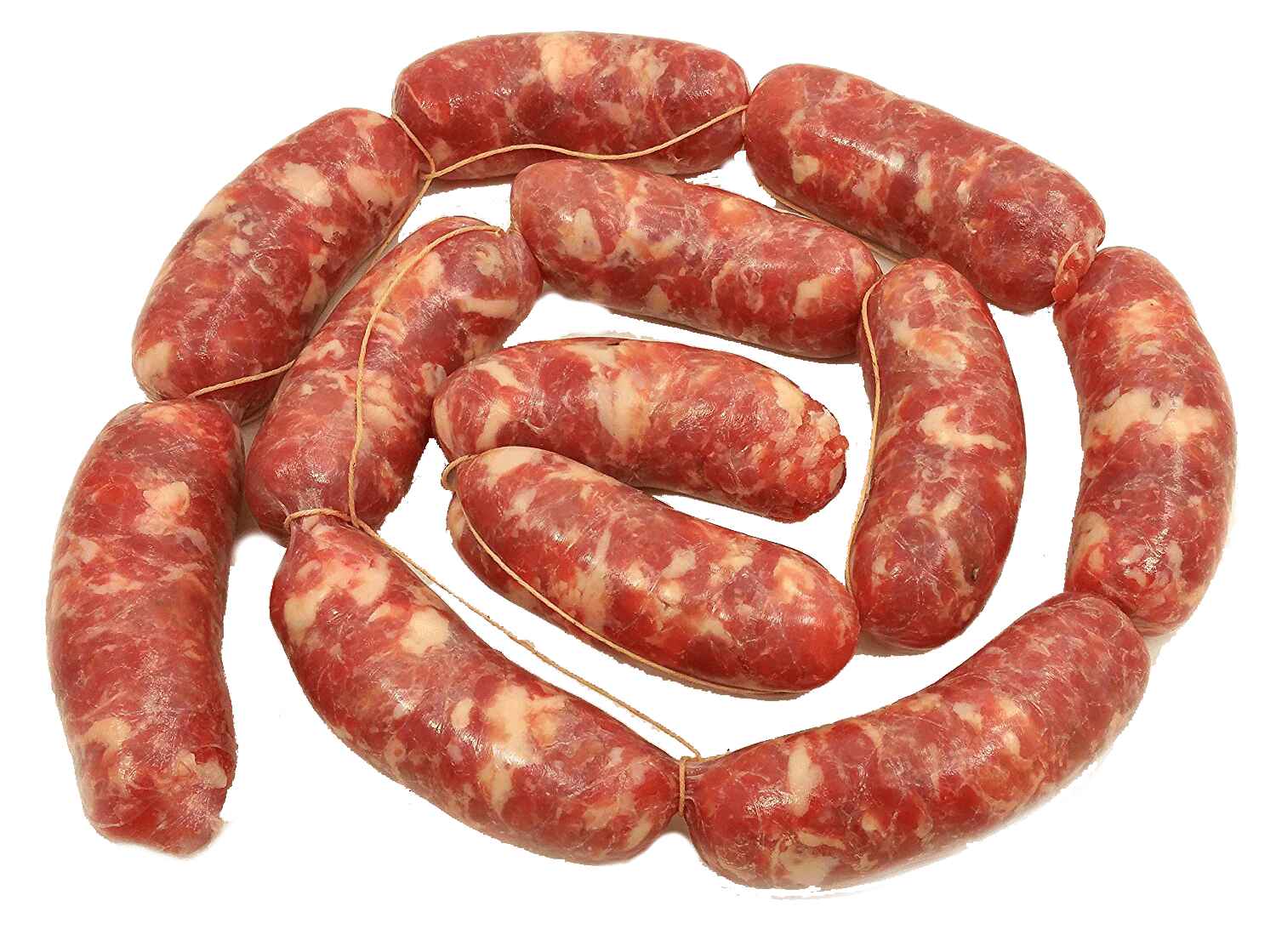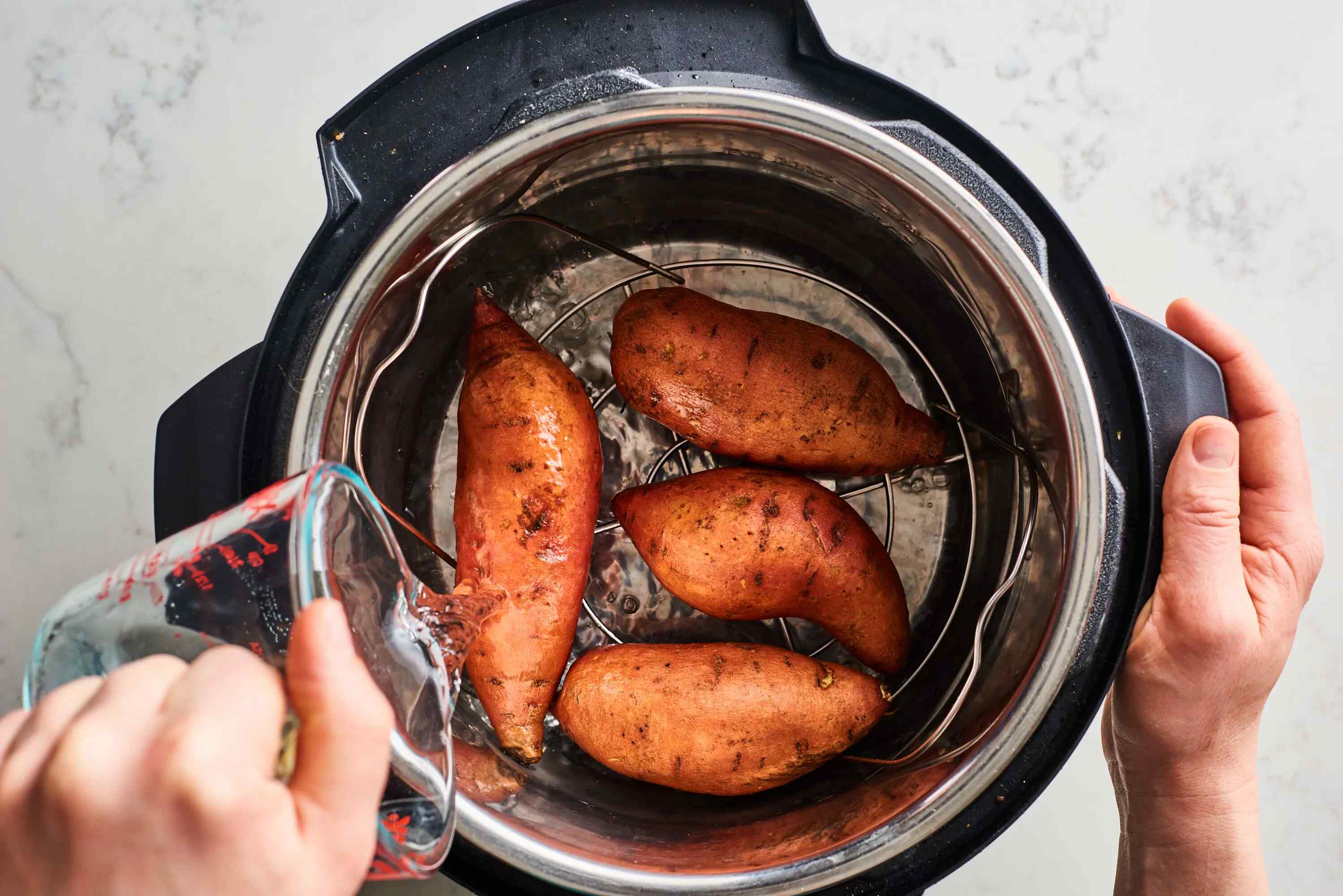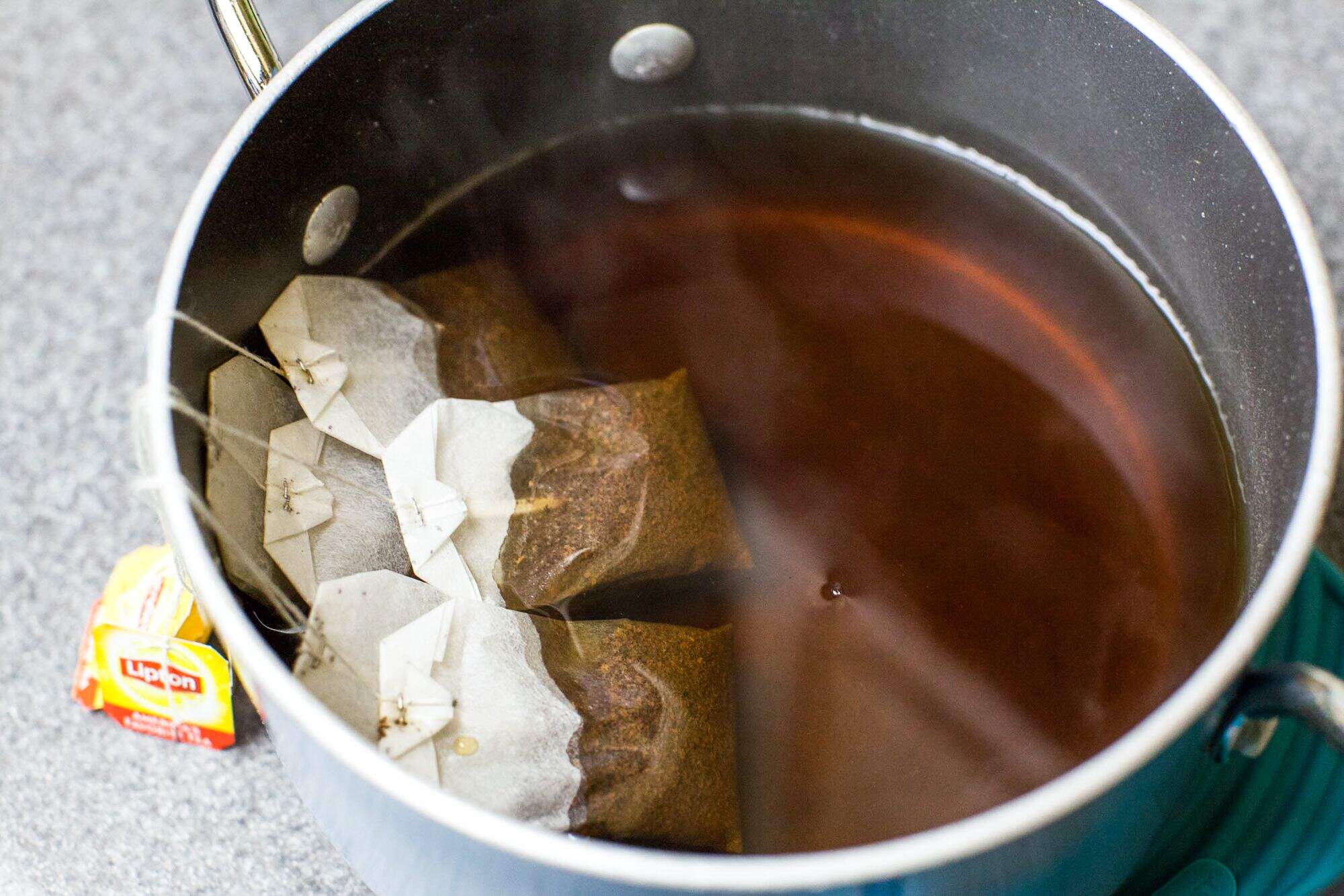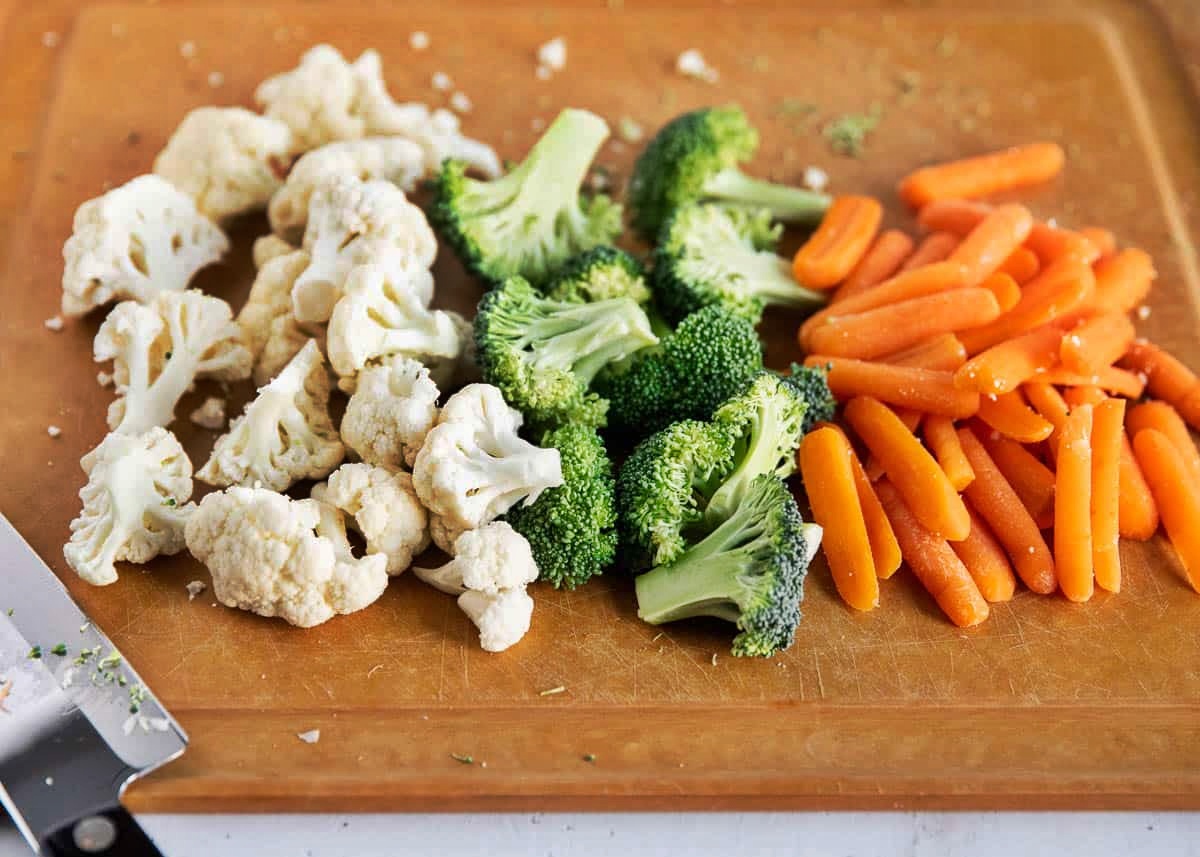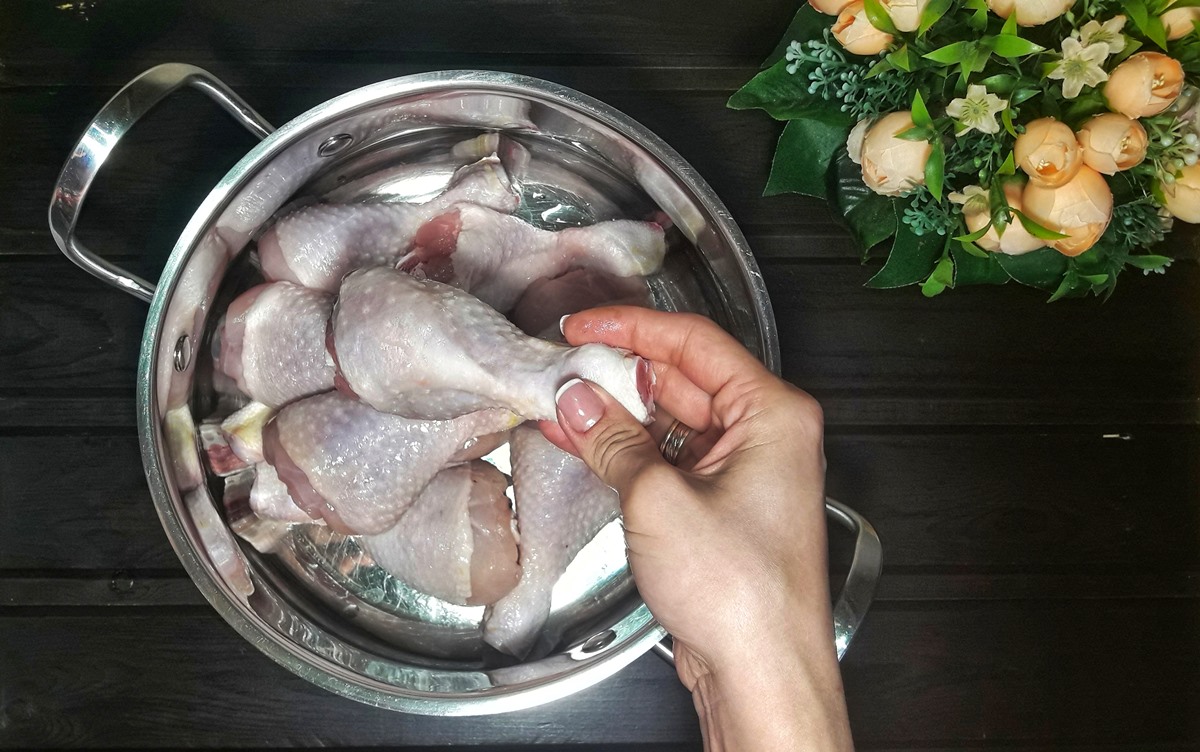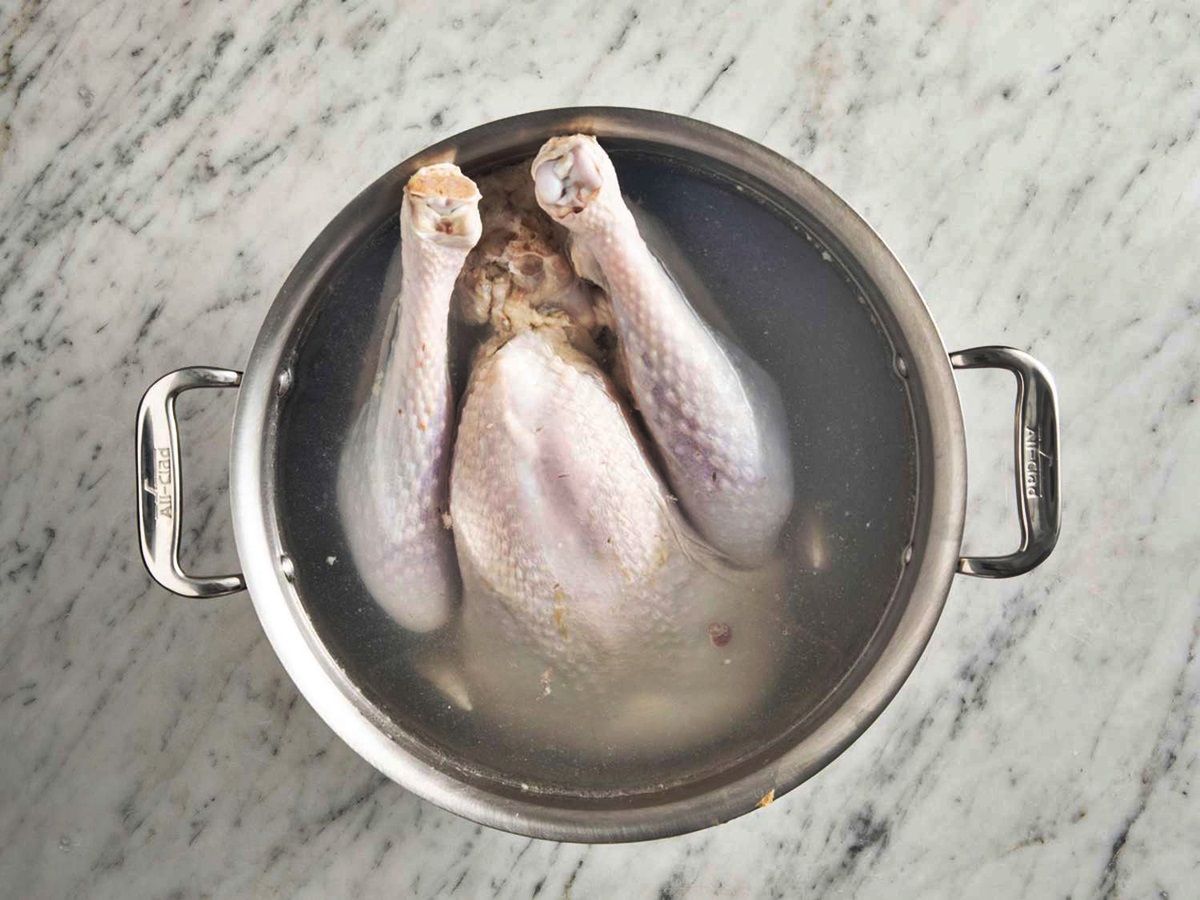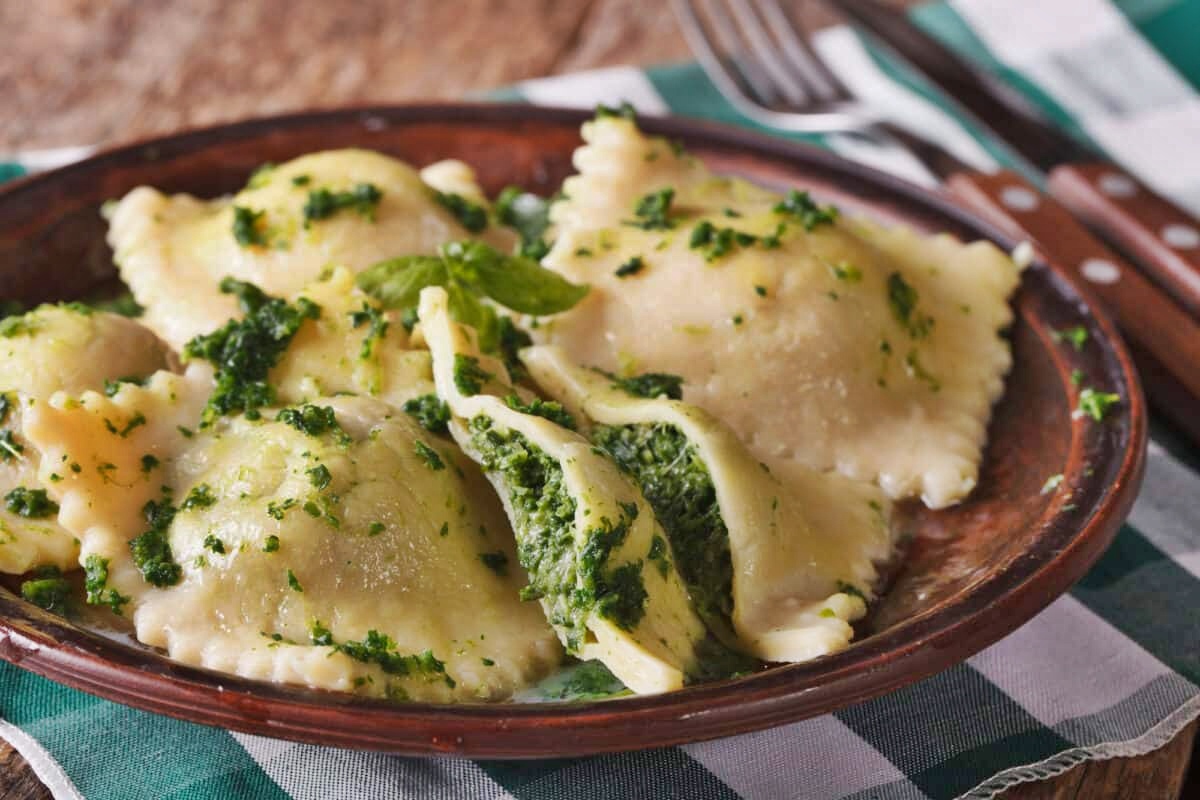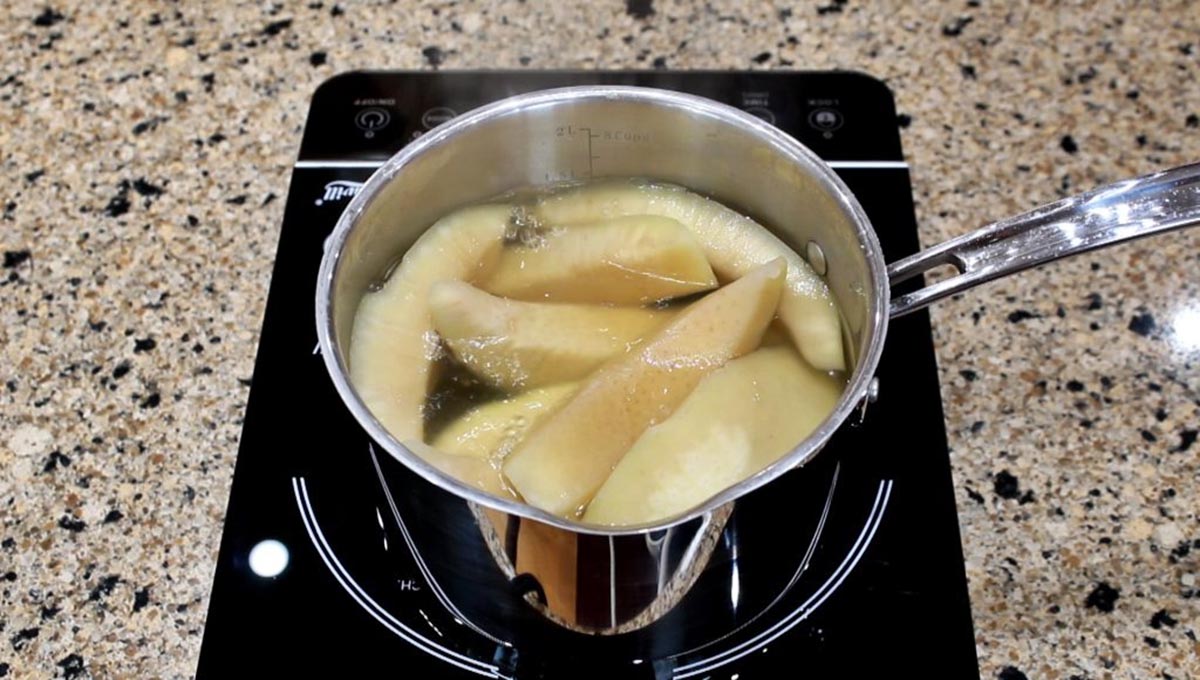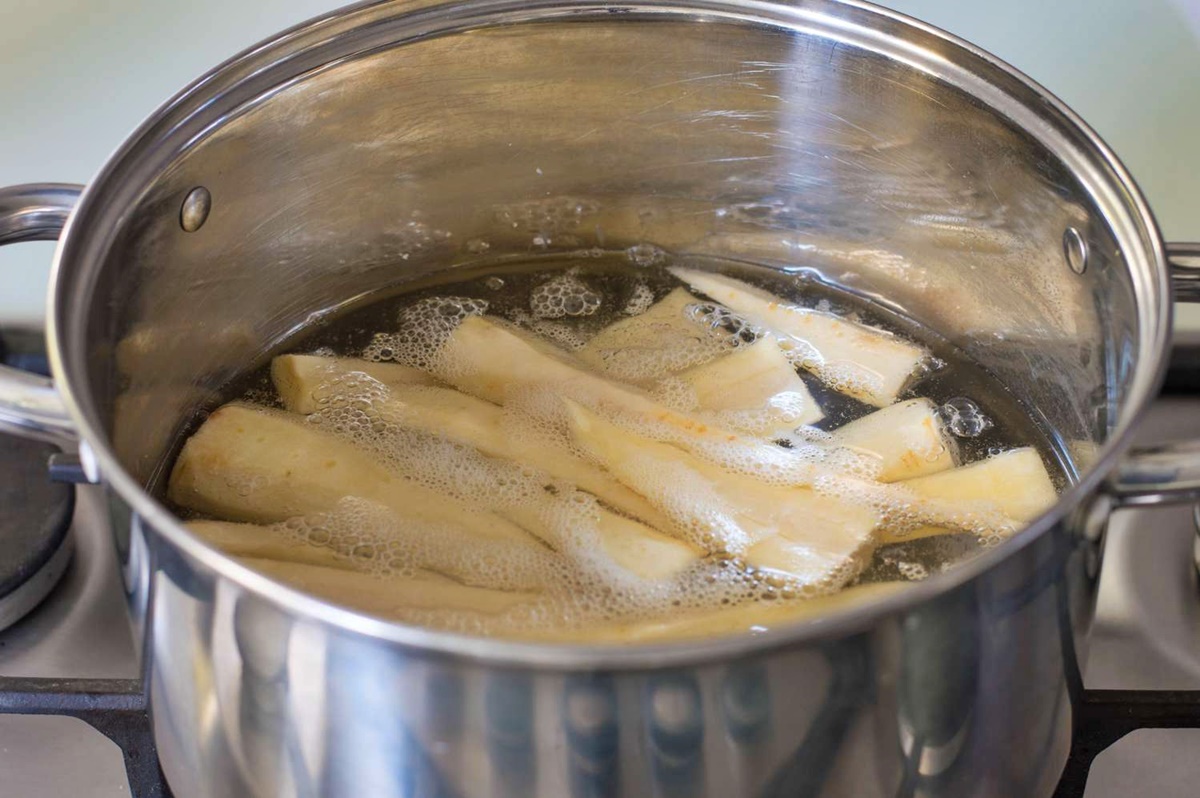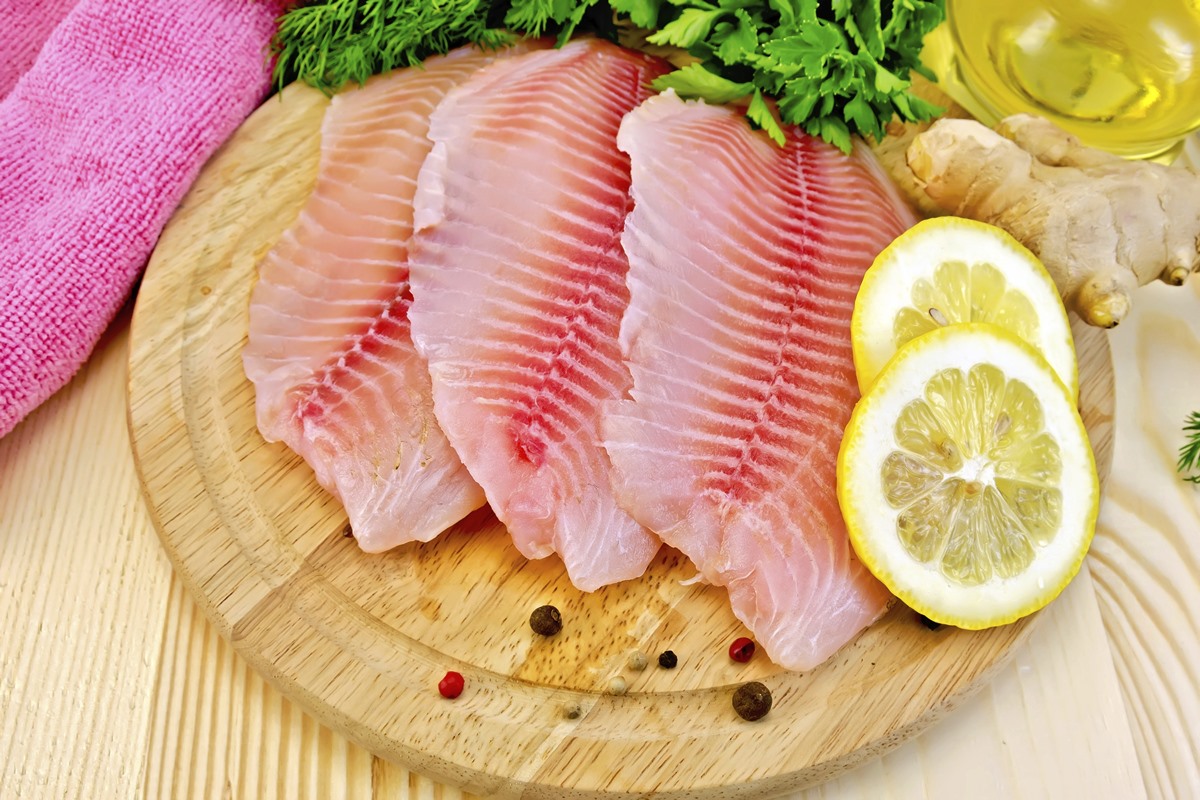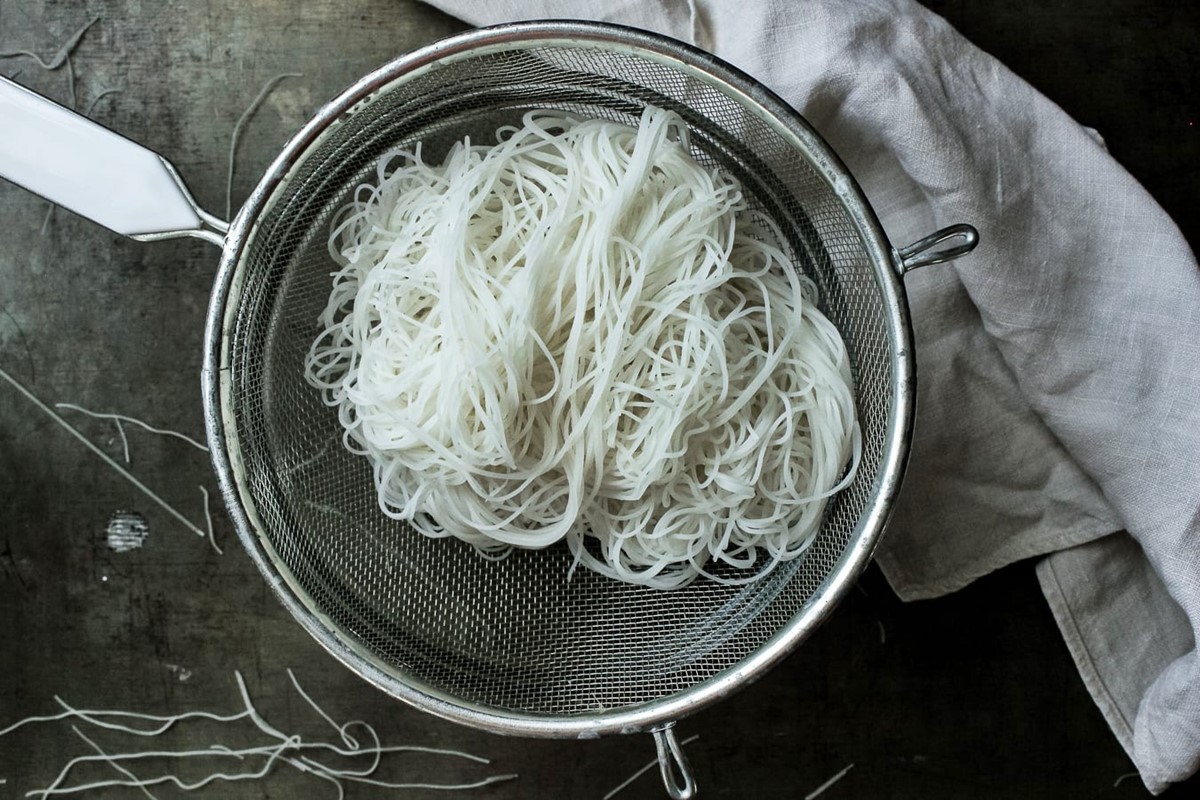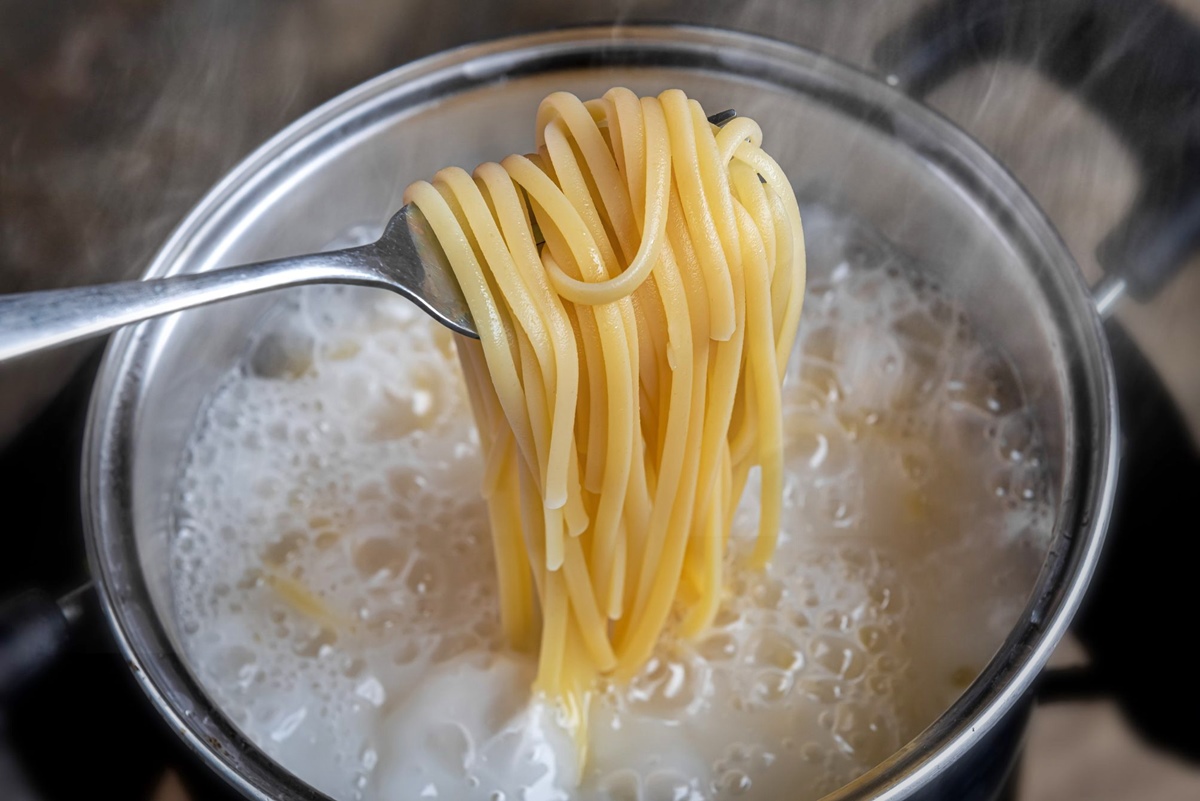Boiling spare ribs might seem straightforward, but mastering this technique sets the foundation for mouthwatering dishes. Whether you're prepping for a barbecue or a slow-cooked stew, starting with properly boiled ribs can make all the difference. This process not only tenderizes the meat but also ensures it absorbs flavors more effectively. In our guide, we'll walk you through each step, from selecting the right ribs to the perfect boiling time. With a few tips and tricks up your sleeve, you'll elevate your cooking game and impress everyone with your culinary skills. Ready to learn how to boil spare ribs like a pro? Let's get started.
Essential Ingredients for Perfectly Boiled Spare Ribs
- Spare ribs (1-2 pounds, depending on servings needed)
- Water (enough to cover ribs in a pot)
- Salt (1 tablespoon)
- Black pepper (1 teaspoon, freshly ground)
- Garlic powder (1 teaspoon)
- Onion powder (1 teaspoon)
- Bay leaves (2-3 leaves for aroma)
Must-Have Tools for Boiling Spare Ribs
- Large pot
- Cutting board
- Sharp knife
- Tongs
- Timer or clock
- Colander or large strainer
- Optional: Meat thermometer
Boiling spare ribs before grilling or baking tenderizes meat, enhancing flavor. Simmer in seasoned water for 45-60 minutes. This method ensures ribs are juicy, falling off the bone.
The Secret Behind Boiling Spare Ribs
Boiling spare ribs before grilling or baking tenderizes the meat, ensuring it's juicy and flavorful. This method also reduces cooking time significantly. By immersing ribs in water, fats are rendered out, resulting in a lighter dish. Seasoning the water with herbs and spices infuses the ribs with deep flavors, enhancing the overall taste.
In culinary practices, pre-boiling is a technique used to soften tougher cuts of meat, like spare ribs. It's a step that can make a significant difference in texture and taste. Boiling not only prepares the meat for further cooking but also allows for a more enjoyable eating experience, as the meat becomes easier to chew and digest.
Your Ultimate Guide to Boiling Spare Ribs
How To Boil Spare Ribs
-
Prepare Your Ingredients
- Gather spare ribs, ensuring they're fresh and ready for boiling.
- Have salt, pepper, and any other desired seasonings on hand.
- Ensure you have enough water to cover the ribs in a pot.
-
Clean the Ribs
- Rinse spare ribs under cold water.
- Pat dry with paper towels.
-
Season the Ribs
- Generously season ribs with salt and pepper.
- Add any other spices or herbs you prefer.
-
Prepare the Pot
- Fill a large pot with enough water to cover the ribs.
- Bring water to a boil over high heat.
-
Add the Ribs to the Pot
- Once water is boiling, carefully add ribs.
- Ensure ribs are fully submerged.
-
Add Flavorings (Optional)
- For extra flavor, consider adding garlic cloves, onion quarters, or bay leaves to the water.
-
Reduce Heat and Simmer
- Lower heat to a gentle simmer.
- Cover pot with a lid, leaving a slight gap to allow steam to escape.
-
Boil the Ribs
- Let ribs boil for 1 to 2 hours, or until tender.
- Check tenderness with a fork; meat should easily come off the bone.
-
Check for Doneness
- Ribs are done when meat is no longer pink inside and pulls away from the bone easily.
-
Remove Ribs from Pot
- Use tongs to carefully remove ribs from water.
- Place ribs on a plate or cutting board to drain.
-
Rest the Ribs
- Allow ribs to rest for a few minutes before serving or grilling.
Boiling spare ribs is a straightforward process that tenderizes the meat, making it perfect for grilling or further cooking. By following these steps, you'll ensure your ribs are flavorful, tender, and ready for the next stage of your meal preparation.
Mastering the Art of Boiled Spare Ribs
Boiling spare ribs is more than just a cooking method; it's a gateway to tender, flavorful meals that can be dressed up in countless ways. Whether you're prepping for a barbecue or looking to infuse your ribs with a rich broth, the steps we've covered ensure your ribs will be mouthwateringly tender. Remember, patience is key. Letting those ribs simmer gently will coax out their full flavor and tenderness. Experiment with different herbs and spices in the water to give your ribs an extra flavor boost. And don't forget, the broth left behind is liquid gold, perfect for soups or cooking grains. So, next time you're in the kitchen, embrace the simplicity and effectiveness of boiling your spare ribs. It's a foolproof way to kickstart a delicious meal.
More Delicious Recipes and Ways to Use Boiled Spare Ribs
After mastering the basics of boiling spare ribs, why not experiment with some delicious variations? From the zesty Citrus-Marinated Boiled Spare Ribs to the robust flavors of Bourbon and Brown Sugar Boiled Spare Ribs, there's a dish to suit every palate. For a touch of international flair, the Korean Gochujang Boiled Spare Ribs offers a spicy kick that's sure to impress. We recommend trying the Beer-Infused Boiled Spare Ribs for its unique fusion of flavors that enhances the ribs with a subtle bitterness and depth. Each of these recipes utilizes the boiling technique you've learned, transforming simple boiled ribs into a centerpiece-worthy dish.
All Your Questions About Boiling Spare Ribs Answered
How long should I boil spare ribs before grilling or baking them?
Aim for about 25 to 30 minutes of boiling time. This helps tenderize the meat, making it juicier and more flavorful once it hits the grill or oven.
What's the best way to season spare ribs?
Before boiling, rub your ribs with a mix of salt, pepper, garlic powder, and your favorite spices. After they're cooked and dried off, slather on a generous layer of barbecue sauce or your preferred glaze before finishing them off in the grill or oven.
Can I boil spare ribs in something other than water for extra flavor?
Absolutely! Try boiling them in a mixture of beef broth, apple cider vinegar, and a splash of liquid smoke for an added depth of flavor. Adding onions, garlic, and herbs to the liquid will also infuse the ribs with aromatic goodness.
Is it necessary to remove the membrane before boiling spare ribs?
Yes, it's highly recommended. Removing the membrane ensures the seasonings penetrate the meat more effectively and improves the texture of the finished ribs.
How can I tell when the spare ribs are done boiling?
Spare ribs are ready when the meat starts to pull away from the bone but isn't falling apart. A fork should easily pierce the meat with little resistance.
What should I do with the liquid left after boiling the ribs?
Don't toss it out! This flavorful broth can be used as a base for soups, stews, or to cook grains like rice or quinoa. Just strain out any solids and store it in the fridge or freezer for future use.
Can boiling spare ribs make them too soft?
If you boil them too long, yes. Keep an eye on the clock and test them for doneness around the 25-minute mark to avoid overcooking. Perfectly boiled ribs should still have some firmness to them, ensuring they don't fall apart during the grilling or baking process.
Was this page helpful?
Read Next: How To Boil Tripe
